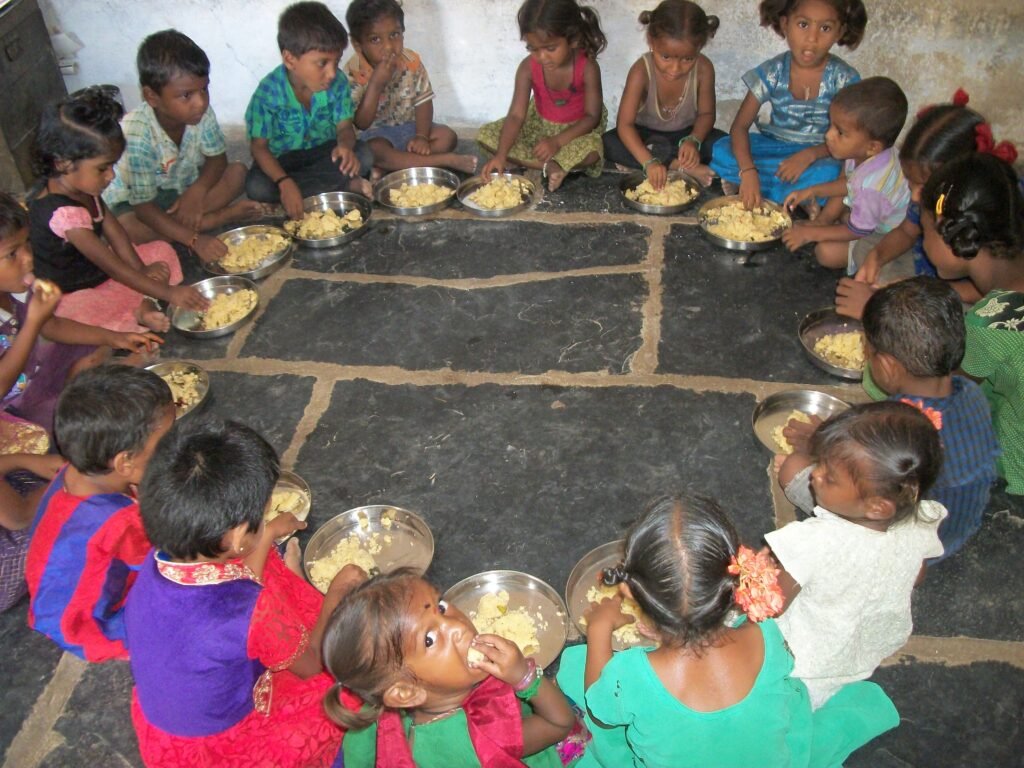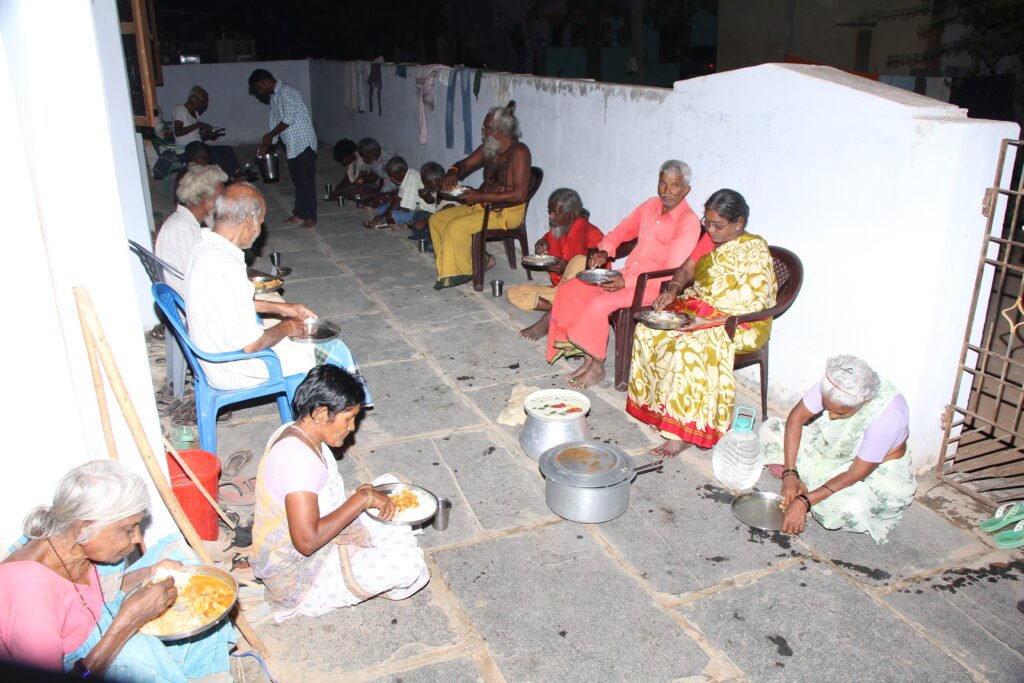supply of nutrition programmes
School Feeding Programs:
- Provide schoolchildren with regular meals or snacks during school hours to address hunger and improve learning outcomes.
- Can involve distributing cooked meals, fortified snacks, or even take-home rations for families facing food insecurity.
Supplementary Feeding Programs:
- Target specific vulnerable groups like pregnant and lactating mothers, young children, and the elderly with tailored nutritional supplements.
- To obtain a range of vitamins and minerals, try eating a variety of meals. Foods that naturally are nutrient-rich include fruits and vegetables. Nutrient-dense foods include lean meats, seafood, whole grains, dairy, legumes, nuts, and seeds.


I am thrilled to discuss the supply of nutrition programmes, as it is an incredibly important aspect of promoting health and well-being in communities. The supply of nutrition programmes ensures that individuals, especially those who are vulnerable or living in poverty, have access to the essential nutrients they need to thrive. These programmes play a vital role in addressing malnutrition and improving the overall health of individuals.
One of the key benefits of the supply of nutrition programmes is that it helps combat food insecurity. Many people around the world struggle to afford or access nutritious food, leading to malnutrition and other health problems. By providing these programmes, governments and organizations can ensure that nutritious food is readily available to those in need. This not only improves their physical health but also enhances their cognitive development and overall quality of life.
Furthermore, the supply of nutrition programmes also focuses on educating individuals about healthy eating habits and the importance of a balanced diet. These programmes often include workshops, cooking demonstrations, and educational materials that empower individuals to make informed choices about their nutrition. By equipping people with the knowledge and skills to make healthier food choices, these programmes have a long-lasting impact on their health and well-being.
carbohydrates, sugar, salt, and unhealthy fats. They have low calories and a high vitamin and mineral content. Micronutrients are essential for your health and include vitamins and minerals. You stay healthy and your body is nourished by them. They can lower the chance of developing chronic illnesses. Consuming them through food guarantees adequate absorption by your body.


In addition to addressing malnutrition and promoting healthy eating habits, the supply of nutrition programmes also contributes to the economic development of communities. By supporting local farmers and producers, these programmes create a demand for locally sourced and fresh food. This not only boosts the local economy but also enhances food security by reducing reliance on imports. It is truly exciting to see how these programmes can have a positive ripple effect on both individuals and communities.
conclusion, the supply of nutrition programmes is crucial in addressing malnutrition, promoting healthy eating habits, and supporting economic development. These programmes play a vital role in ensuring that everyone has access to the nutrients they need to live a healthy life. By investing in the supply of nutrition programmes, we are investing in the well-being and future of our communities.
